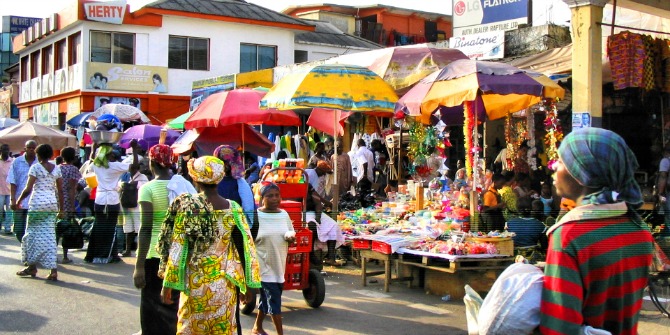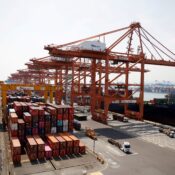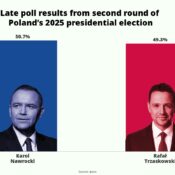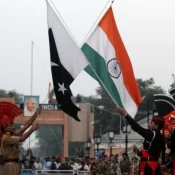
Ghana’s upcoming elections are threatened by the country’s economic disaster
Emmanuel Amey-Wemegah had a clear plan for his retirement after working as a police officer in Ghana for more than 30 years: he would put some of his pension money in government bonds, finish building his house, and buy a car.
Everything was going as planned until his bank called him on January 6, 2023, to tell him that Ghana was reorganizing the bonds he owned.
“I started sweating,” Amey-Wemegah, 63, said when he thought about how scared and unsure he and other bondholders were.
Thousands of private, corporate, and foreign investors in Ghana’s government securities had their investments restructured in 2023 so that Ghana could get a $3 billion bailout from the International Monetary Fund (IMF) to deal with its worst economic crisis in a generation. The retired chief inspector is one of those investors.
Over 18 million people in Ghana are getting ready to vote in the presidential election on Dec. 7. Amey-Wemegah’s situation shows how worried many people are about the economy in Ghana, which is the world’s second-largest cocoa supplier. A lot of people also care about jobs, schools, and facilities.
The COVID-19 pandemic, the war in Ukraine, higher global interest rates, and years of too much borrowing all shook Ghana’s economy while the current government was in charge.
Inflation reached over 54%, hurting consumers and forcing companies to shut down, and public debt rose from 63% of GDP in 2019 to 92.7% of GDP in 2022. The cedi currency also lost value quickly.
Because the government had so much domestic debt, it had to make an IMF deal or restructure its own stocks, which experts said had never been done before in Africa.
When the reorganization of domestic debt began in December 2022, buyers of old bonds had to trade them in for new ones with lower yields and longer terms.
On the walls of Amey-Wemegah’s home in Dabala, southeastern Ghana, there are awards for his brave service. “Some of us didn’t realize exactly what the consequences were,” he told Reuters.
“They took our money.” “I was sad and devastated,” he said, explaining how the changes made his pay less stable.
He can’t afford to fix or fill up his car’s gas tank, so he spends his money on his medicines instead.
Also, businesses have had a hard time. A new consulting company in Accra that asked to remain anonymous said that the restructuring has slowed down its 2 million Ghanaian cedis ($130,718) in cash flow, forcing it to lay off workers.
ANGER AT THE RUNNING PARTY
Vice-President Mahamudu Bawumia, who is from the ruling New Patriotic Party, and former President John Dramani Mahama, who is from the main opposition National Democratic Congress, will be running against each other in the race.
Mussa Dankwa of Accra-based Global InfoAnalytics said that studies show that most Ghanaians are having a hard time with the rising cost of living, which has a big impact on the election.
Voters like Amey-Wemegah and the owner of the consulting firm said that the changes they had to make to their debt would affect their choice of candidate.
Ghana has needed help from the IMF 17 times since it became independent in 1957. “We’ve gone to the IMF 17 times,” Amey-Wemegah said. “None of those governments gave people haircuts.” Why did this government decide to put it in place? “Why?”
Others, like Julius Kwadzo Ameku, a rice miller, are unhappy with how the government is handling the economy in general.
Ameku, whose business is in the southeastern Volta region, said that the ruling party’s attempts to increase agricultural production had not worked. He hoped that Mahama, the leader of the opposition, would bring about good change.
“All we need is good irrigation and loans or grants that are easy to pay back.” “The oil, gold, and other things won’t get us anywhere,” he said.
Ghanaian cedis are worth $1.
All Categories
Recent Posts
Tags
+13162306000
zoneyetu@yahoo.com



